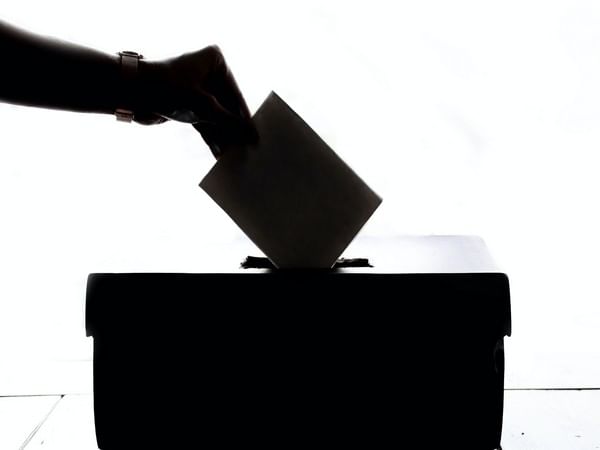Washington [US], August 17 (ANI): Published in the journal ‘Proceedings of the National Academy of Sciences’ (PNAS) on August 17, a study uncovers small but discernible links between social media engagement with misinformation about the 2020 US presidential election and voter behaviour in the 2021 Georgia Senate runoff election. After the 2020 US presidential election and President Joseph R. Biden’s close victory in Georgia, misinformation and claims of election fraud were promoted.
To test whether such claims affected subsequent trust in elections and voting behavior, Jon Green and colleagues examined the social media activity and voting behavior of 45,431 Twitter users who matched Georgia voter registration records. The authors evaluated whether the Twitter users’ “likes” and retweets suggested that they endorsed or detracted from election fraud theories. Next, the authors noted whether or not the users voted in the 2020 presidential election and the 2021 Georgia Senate runoff election.
After the 2020 election, Republican officials, including then-President Trump, publicized conspiracy theories claiming the election was “stolen,” and Republican voters reported reduced faith in electoral institutions in surveys. We test whether public stances on these conspiracy theories online were associated with a behavioral indicator of faith in elections–voting–in Georgia’s subsequent Senate runoffs. Engagement with election conspiracy theories carried small, but detectable, associations with turnout: positive among those opposing such claims and negative among promoters. These observational findings among social media users document the 2020 election-theft claims’ correspondence with real-world, offline behavior. Those promoting conspiracy theories questioning the legitimacy of the US electoral process were, at the same time, somewhat less likely than defenders to participate in it.
Links between social media activity and voting behavior were small but detectable. Publicly opposing election fraud conspiracy theories was associated with slightly higher voter turnout in 2021 than in 2020, whereas promoting such theories was associated with slightly lower turnout in 2021 than in 2020. According to the authors, the results suggest that conspiracy theories aimed at undermining faith in elections may influence voter behavior. (ANI)
This report is auto-generated from ANI news service. ThePrint holds no responsibility for its content.






